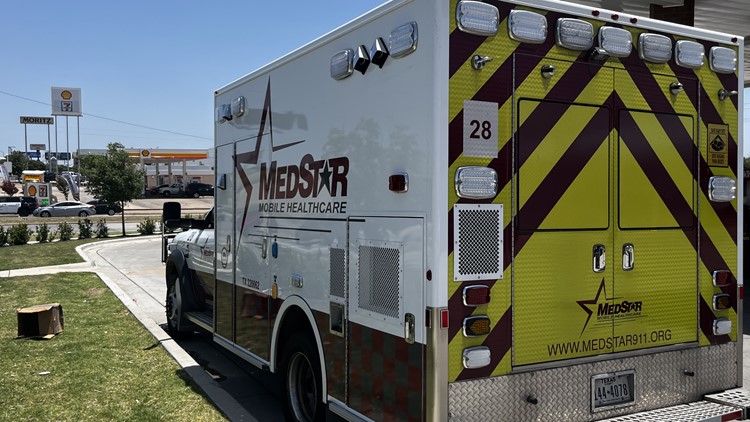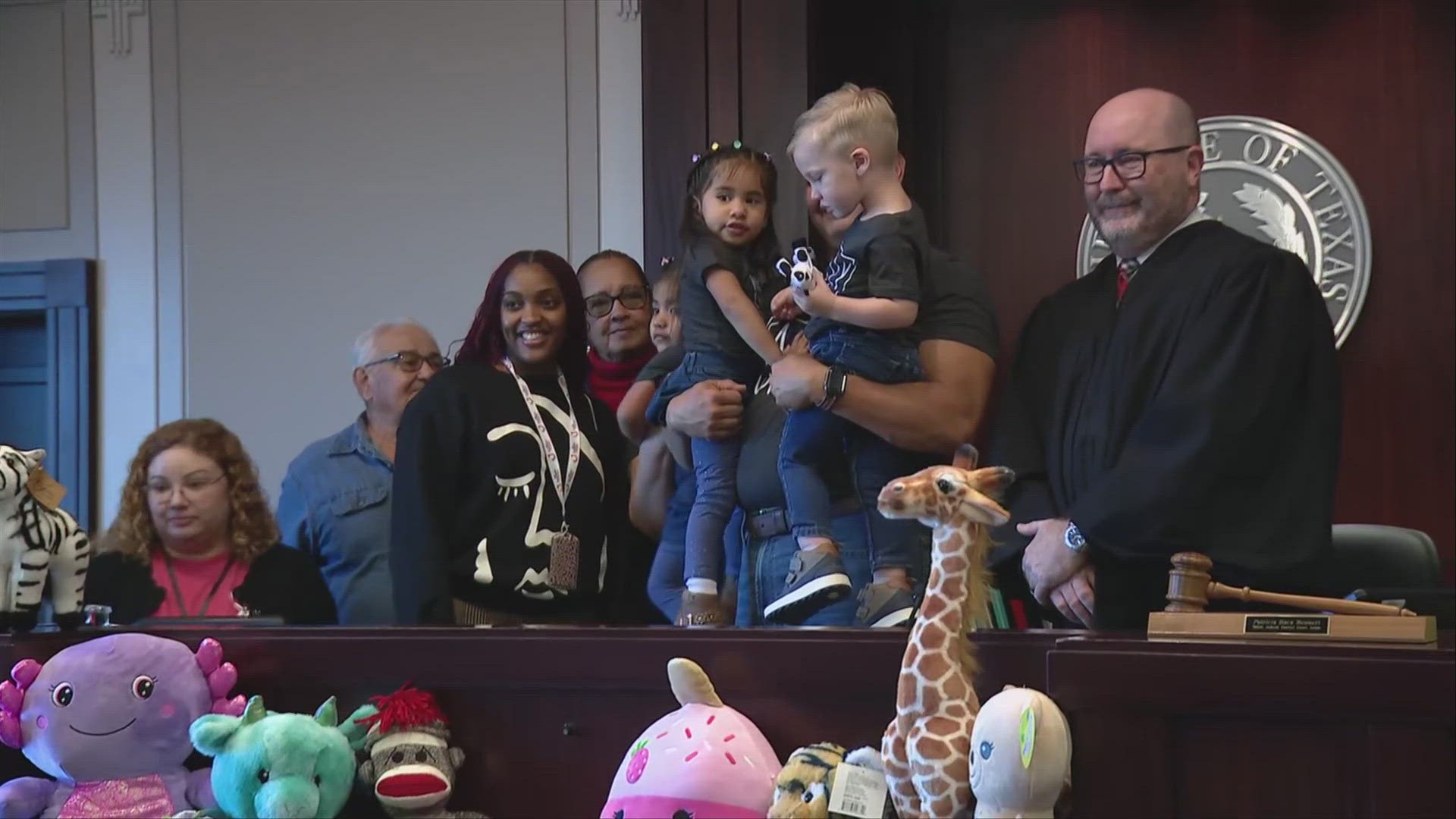FORT WORTH, Texas — The only change residents should expect as Fort Worth and 13 other cities transition to fire-based EMS is faster response times, Fort Worth officials said.
The Fort Worth EMS committee finalized plans Tuesday to recommend transitioning away from using MedStar, the city’s current emergency services provider, to a fire-based system that places paramedics under the employment of the Fort Worth Fire Department. The change will impact more than just Fort Worth residents; 13 surrounding cities will also transition away from using MedStar in favor of fire-based care.
MedStar - which is a public utility created by Fort Worth and other cities in 1986 to provide emergency services - has struggled in recent years to remain economically viable, ending fiscal year 2022 with over $50 million in total expenditures. This year, Fort Worth city officials began reviewing options for a new EMS model.
If the full Fort Worth City Council officially approves the transition to fire-based EMS in May, the city will begin an over 140-step process to fulfill the transition.
For a full list of municipalities impacted by the transition, go here.
After finalizing plans, the city, MedStar and the Fort Worth Fire Department will now begin the arduous process of transitioning MedStar paramedics into civil service employees, which provides additional benefits and protections.
Despite the dramatic internal change, residents should expect the same level of emergency services they would receive today. If anything, emergency response times should get faster after the transition is complete, Valerie Washington, assistant city manager said.
“I don't think that an end user calling (911) is going to know what's going on behind the scenes,” Washington said. “They won't notice the impacts, but they'll be pleased because they're going to get a much higher service level.”
Washington also anticipates absorbing emergency services to have no impact on the city’s tax rate or ambulance bills. Currently, between 25-30% of EMS calls don’t result in payment. That, along with supply chain issues and increasing personnel costs, meant MedStar was struggling financially.
Now, those economic factors will be the city’s burden to bear.
“We'll have to work internally and really determine how we want to handle this expense,” Washington said.
The city and MedStar also intend to hire as many paramedics currently employed by MedStar as possible for the new fire-based system, said Thomas Moore, a junior partner with Fitch and Associates, a firm working to help the city with the transition.
Dallas also uses a fire-based EMS system and never utilized a public utility model like Fort Worth's, Steven Knight, a partner with Fitch and Associates, said.
The city held a town hall meeting with MedStar employees and over 400 people attended. The city plans to hold another meeting in May. Meanwhile, over 200 questions from MedStar about the transition have been submitted to an online question-and-answer platform, mostly about benefits and salary. Paramedics are continuing to provide stellar emergency services, said councilmember Carlos Flores, who heads the city’s EMS committee.
“A transition is stressful, right? And there's still some unknowns,” Flores said. “We’re working hard to give clarity to what those next steps are.”
Starting today, the city plans to communicate more with the public about the transition, including a public work session scheduled for May 7. City leaders intend to emphasize that residents’ experience should be seamless.



